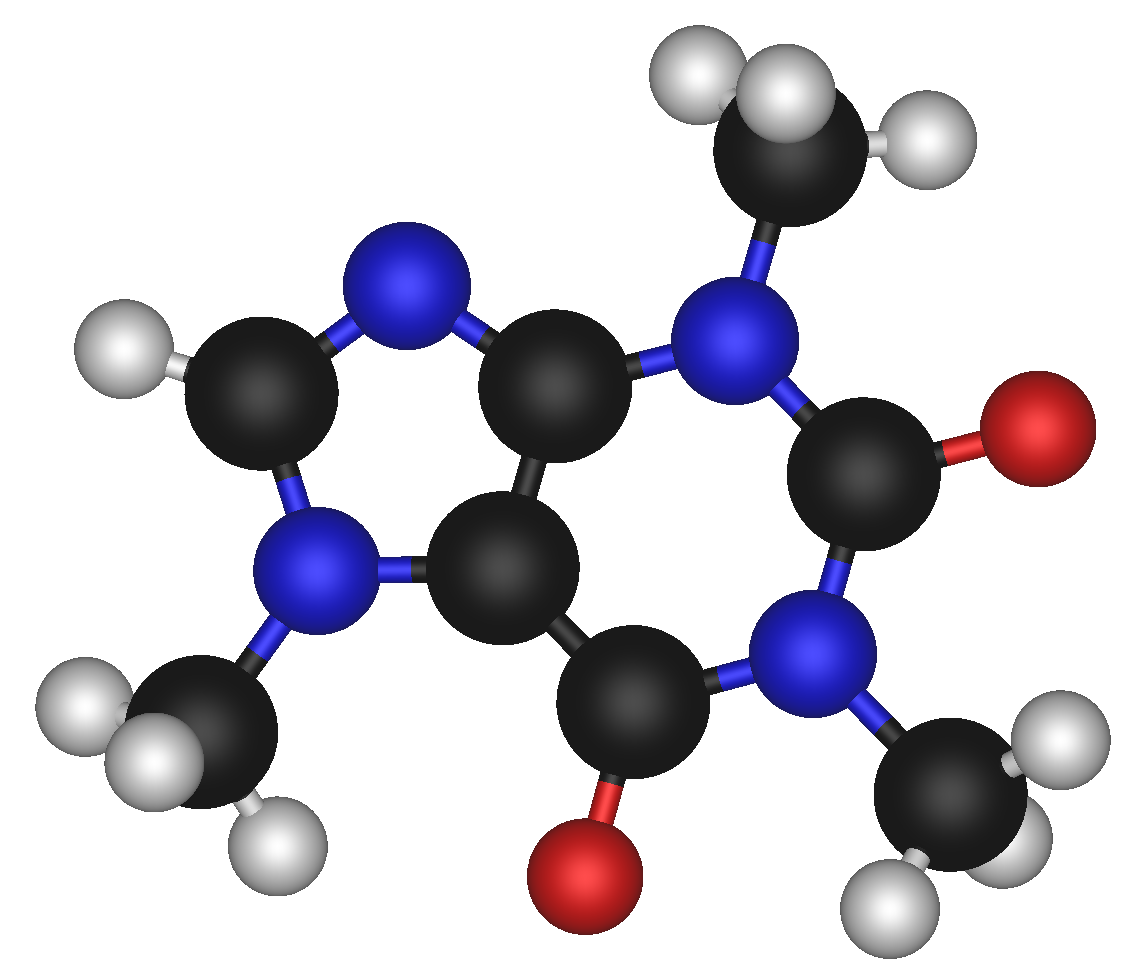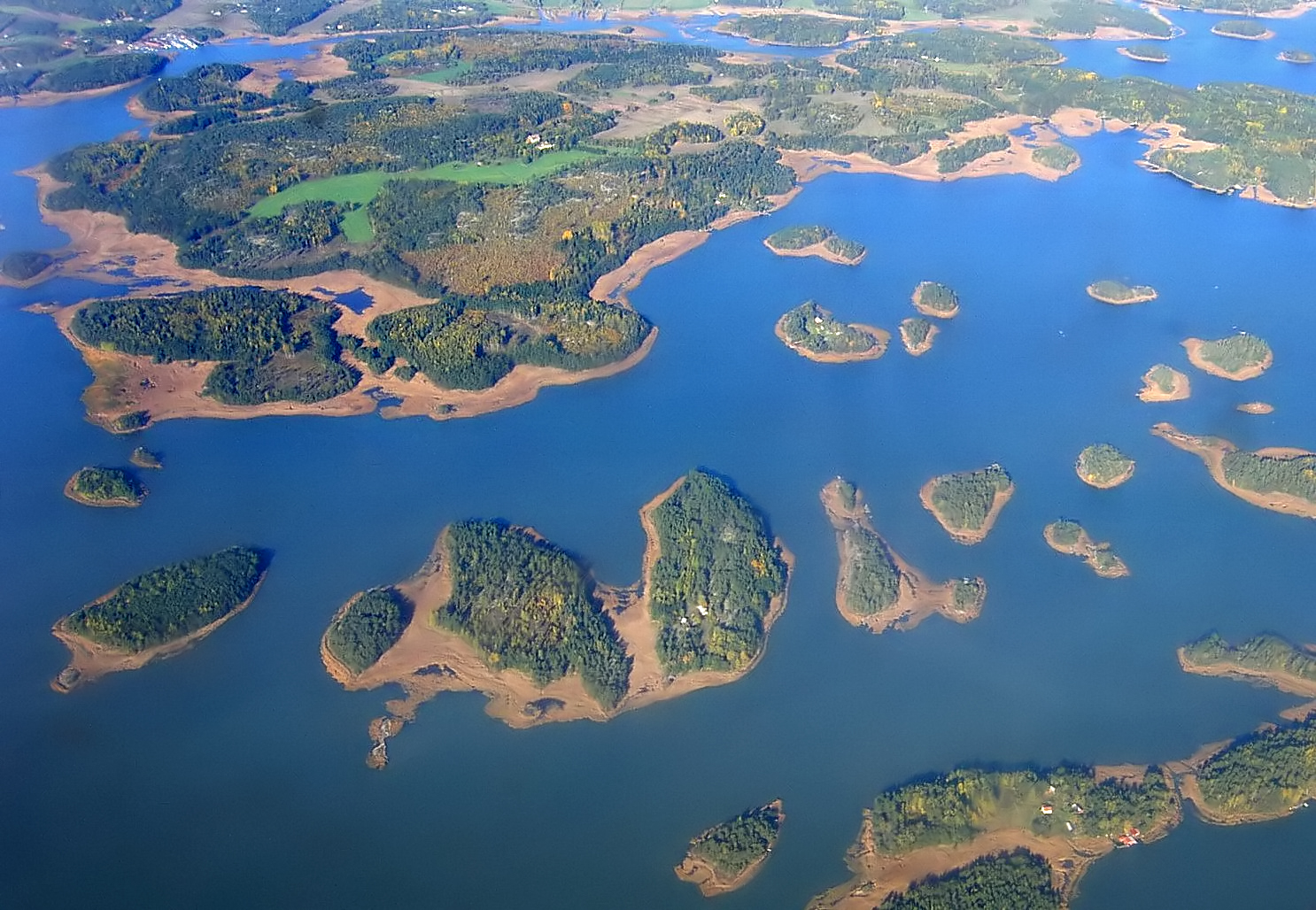
Figure 1.2: Caffeine Molecule (Copyright © 2005 Michael Ströck CC-By-SA 3.0)
Interesting, natural non-biological, graph-like structures on the macro scale are rather rare. Matter tends to form clumps rather than strands and when strands do form they rarely connect. However, one of the most common uses of graphs in computer science is the representation of molecular structures.
Molecules are indeed graphs, but what looks clearly like vertexes (atoms) and edges (bonds) on paper is, in reality, a blob of amorphous electroniness with some nuclei stuck in the middle.
Looking to space as a model for non-biological physics, I see Mars covered with dust (not graph-like), rock (not graph-like), gases (not graph-like), lava (sometimes graph-like). There is so little graphiness on Mars, that it is hard to find anything that even looks like a tree (in the mathematical sense).

Figure 1.3: Mars is devoid of graph-like structures. (Copyright © 2014 NASA/JPL-Caltech/MSSS Public Domain)
However, these structures do exist. As I said earlier, matter likes to form clumps.

Figure 1.4: The negative space around these clumps of mud form an n-toroid, and the whole picture looks pretty graph-like (Copyright © 2007 Hannes Grobe CC-By-SA 2.5)
When you poor liquid around a bunch of clumps, the clumps become islands, which force the liquid to flow around them.

Figure 1.5: When water flows around an archipelago an n-toroid of water is formed. (Copyright © 2006 Paul Lenz CC-By-SA 3.0)
The liquid in question is now graph-like. It is an n-toroid. Saying something is an n-toroid is a fancy way of saying that it has holes in it. But when I look at the water in Figure 1.5, my brain does not immediately say "look! The water has holes in it!" My brain, rather, starts dissecting the water into channels, and intersections between channels. And when I really look at the picture cross eyed, I can even imagine that these intersections are vertices and the channels are edges of a graph. This is not quite true. An n-toroid is not a graph. The vertices and the edges are not distinct enough to really be a graph. But it’s pretty graph-like.
Just to make sure that everyone is up to speed, these are toroids:
A toroid really is any shape with a hole in it. A 1-toroid is any shape with one hole, a 2-toroid is any shape with two holes and an n-toroid is any shape with any number of holes.
This copper ore is pretty graph-like too. It is formed by a liquid (molten copper) flowing around clumps of something else and then hardening. It is not a graph but it is an n-toroid and that’s graph-like.